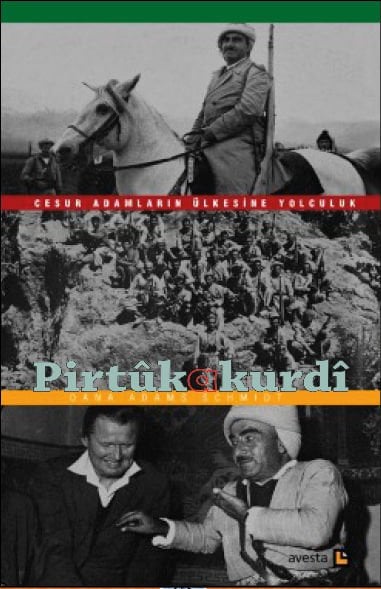
Cesur Adamların Ülkesine Yolculuk
Translated from English by: Burcu Yalçınkaya
“The forty-six days I spent with my Kurdish friends were the turning point of my journalism career.” This is how New York Times Middle East correspondent Dana Adams Schmidt describes her journey to Iraqi Kurdistan to meet with guerrillas who were waiting for the Iraqi government to recognize them as a nation.
Schmidt's journey had to remain secret (in fact, Schmidt never revealed how he got in and out of Kurdistan). Schmidt apparently disappeared from his office in Beirut. He traveled on foot, on muleback and, if he was lucky, by horse and twice by jeep. Most of the travel was done at night, and the days were spent hiding. This journey had physical dangers. They had been subjected to Iraqi air force attacks many times. Schmidt's bodyguard was hiding his identity from the villagers in case Kasım's men would find him.
The most important part of this trip was the ten days Schmidt spent with Kurdistan's most loved and feared man, Mele Mustafa Barzani. Barzani invited the Western media to announce the Kurdish cause (the cause of people determined to declare their autonomy) to the world.
Schmidt's own story and the story of the Kurds come together. The army that the Kurds built with their limited resources, their love for their folklore, their interesting and yet bitter epics, the story of their constant oppression by another society... Schmidt also provides his knowledge of current political events in the Middle East and Kurdish history to give us this picture. Photographs showing Kurds in their shelters in the mountains have also been a formidable proof.
Dana Adams Schmidt was awarded the International Press Club's George Polk Award for her "best work of extraordinary courage."
| Publisher | : | Avesta Publications |
| Number of pages | : | 296 |
| Translator | : | Burcu Yalçınkaya |
| The heart | : | Turkish |


